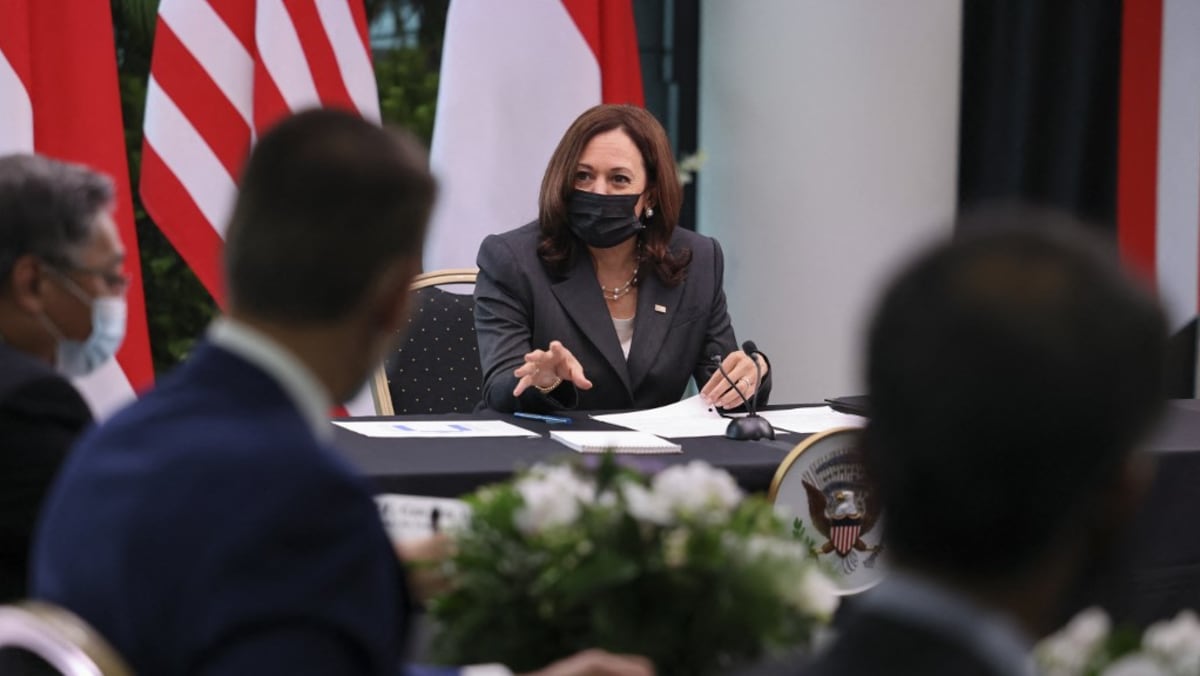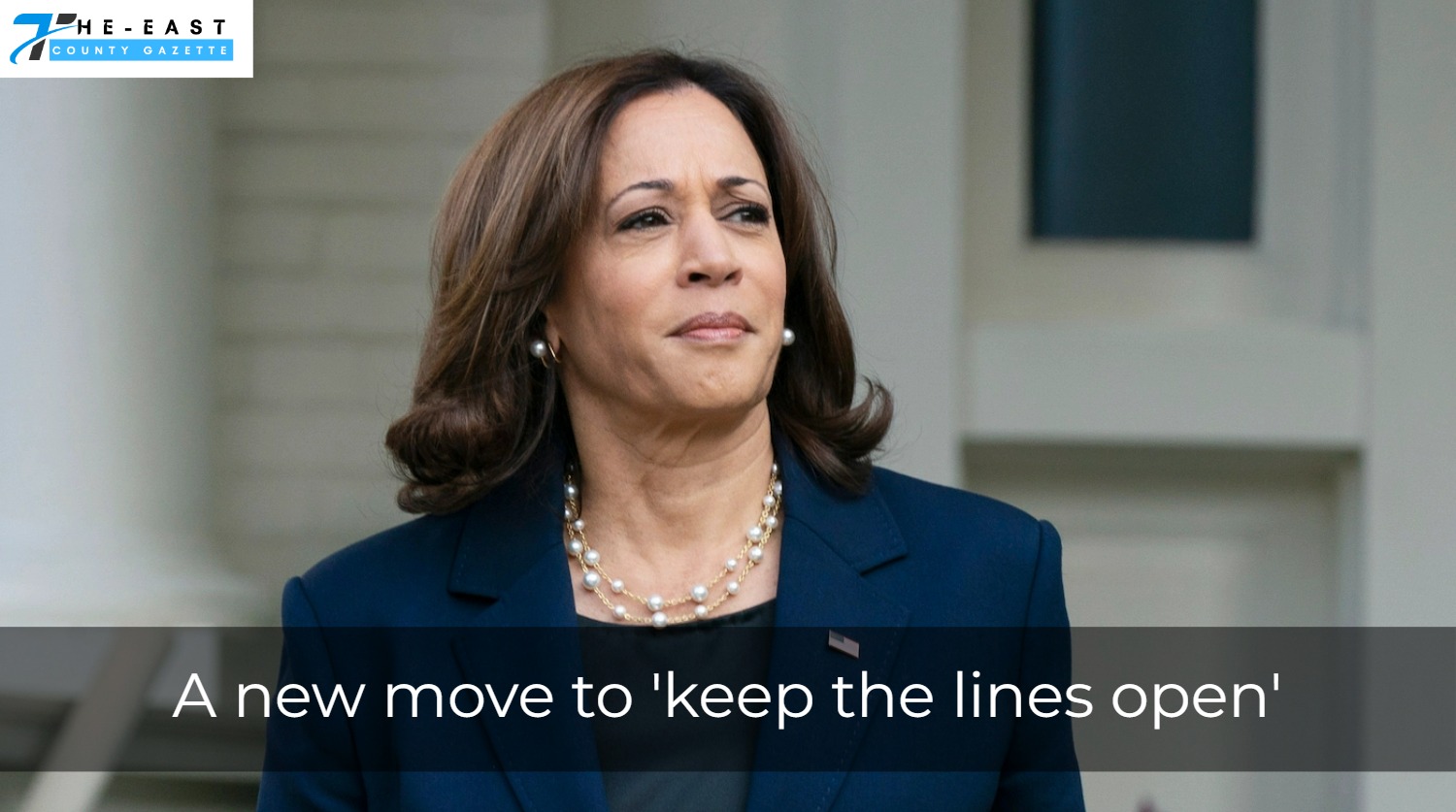VP Harris has a Brief Close-Door Encounter with China’s leader Xi at the Asia-Pacific Economic Cooperation Forum Summit
U.S. Vice President Kamala Harris spoke briefly with Chinese leader Xi Jinping on Saturday to continue opening communication channels between the world’s two largest economies. According to a White House official, Harris and Xi chatted briefly before entering a closed-door meeting on Saturday at the Bangkok Asia-Pacific Economic Cooperation forum summit.
According to the official, Harris told Xi that China and the United States must keep lines of communication open to “responsibly manage the competition between our countries.” It was similar to what President Joe Biden said to Xi earlier this week.
The official was willing to speak to the media only on the condition of anonymity
 Tensions between Washington and Beijing have arisen over various issues, including trade and technology, China’s claims to the democratically governed island of Taiwan, the pandemic, and China’s treatment of Hong Kong, human rights, and other concerns.
Tensions between Washington and Beijing have arisen over various issues, including trade and technology, China’s claims to the democratically governed island of Taiwan, the pandemic, and China’s treatment of Hong Kong, human rights, and other concerns.
On Friday, Harris pitched for the United States as a stable economic partner at a business conference held with APEC, declaring, “The United States is here to stay.” At the APEC summit, Harris emphasized that the United States has a “vital interest in promoting a region that is open, interconnected, prosperous, secure, and resilient” because it is a “proud Pacific power.”
Harris called an emergency meeting of the leaders of Japan, South Korea, Australia, New Zealand, and Canada after learning that North Korea had fired an intercontinental ballistic missile that landed near Japanese waters. She condemned the missile test as a “brazen violation of multiple U.N. Security resolutions.”
She remarked that this would “destabilize security in the region and unnecessarily raise tensions.” Harris said, “We strongly condemn these actions and again call on North Korea to cease any further unlawful, destabilizing acts.” U.S. commitment to Indo-Pacific alliances is “ironclad,” as I said on behalf of the United States.
The “debt trap diplomacy”
 President Joe Biden pushed the message of American commitment to the region at the Association of Southeast Asian Nations summit in Cambodia and the Group of 20 meetings in Indonesia. Secretary of State Hillary Clinton’s remarks at the broader APEC forum capped a week of high-level outreach from the U.S. to Asia as Washington seeks to counter growing Chinese influence in the region.
President Joe Biden pushed the message of American commitment to the region at the Association of Southeast Asian Nations summit in Cambodia and the Group of 20 meetings in Indonesia. Secretary of State Hillary Clinton’s remarks at the broader APEC forum capped a week of high-level outreach from the U.S. to Asia as Washington seeks to counter growing Chinese influence in the region.
When President Trump withdrew the United States from the Trans-Pacific Partnership trade deal, the centerpiece of President Obama’s “pivot” to Asia, many countries in Asia began to doubt the U.S.’s dedication to the region.
The Biden administration has been working to win back public support by capitalizing on rising concerns about the conditions Beijing places on the regional infrastructure investments it finances. These concerns have been labeled “debt trap diplomacy” by their detractors in China.
The Indo-Pacific Economic Framework, introduced by the Trump administration earlier this year, has also been highlighted by Biden and Harris.
source: economictimes

